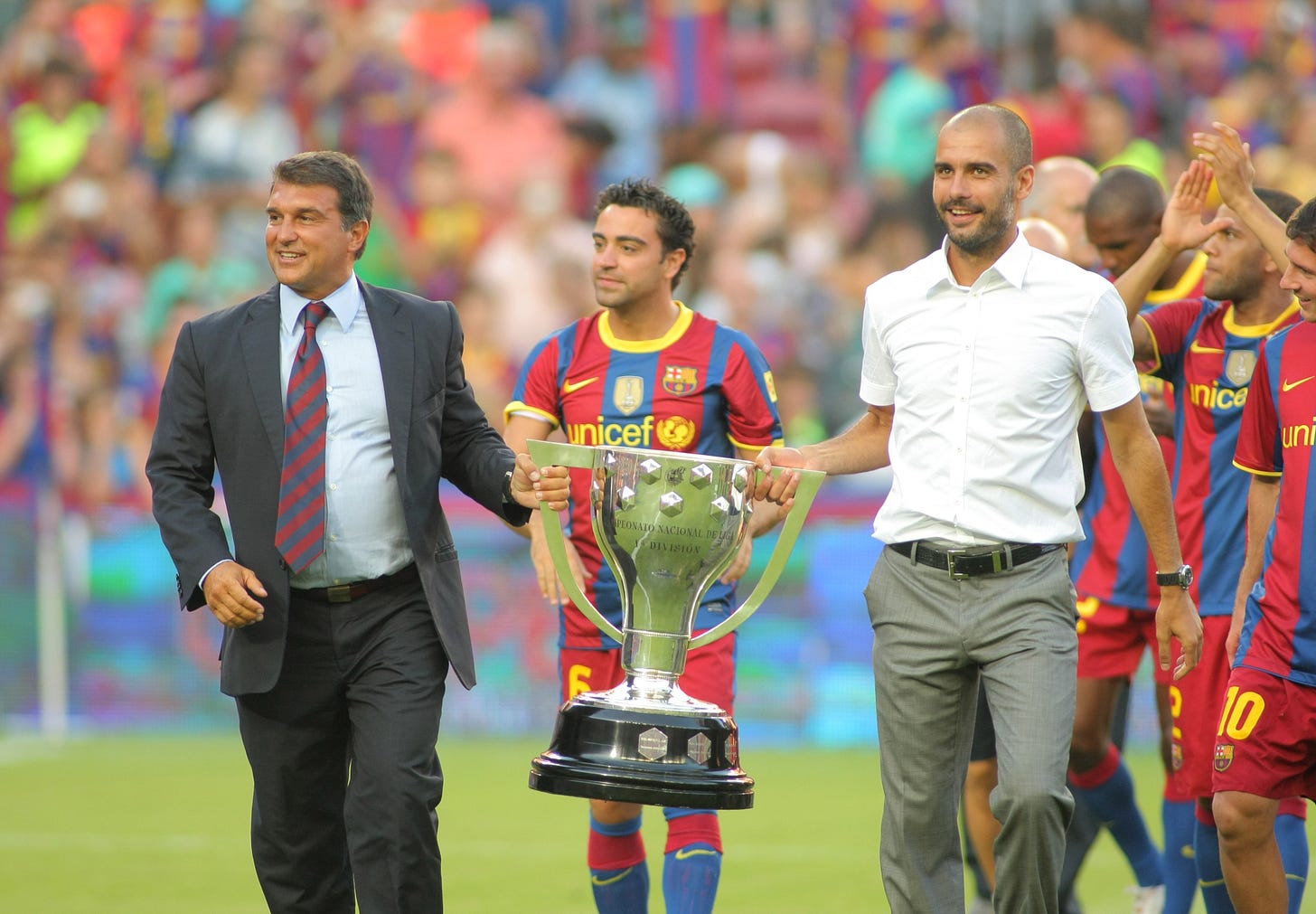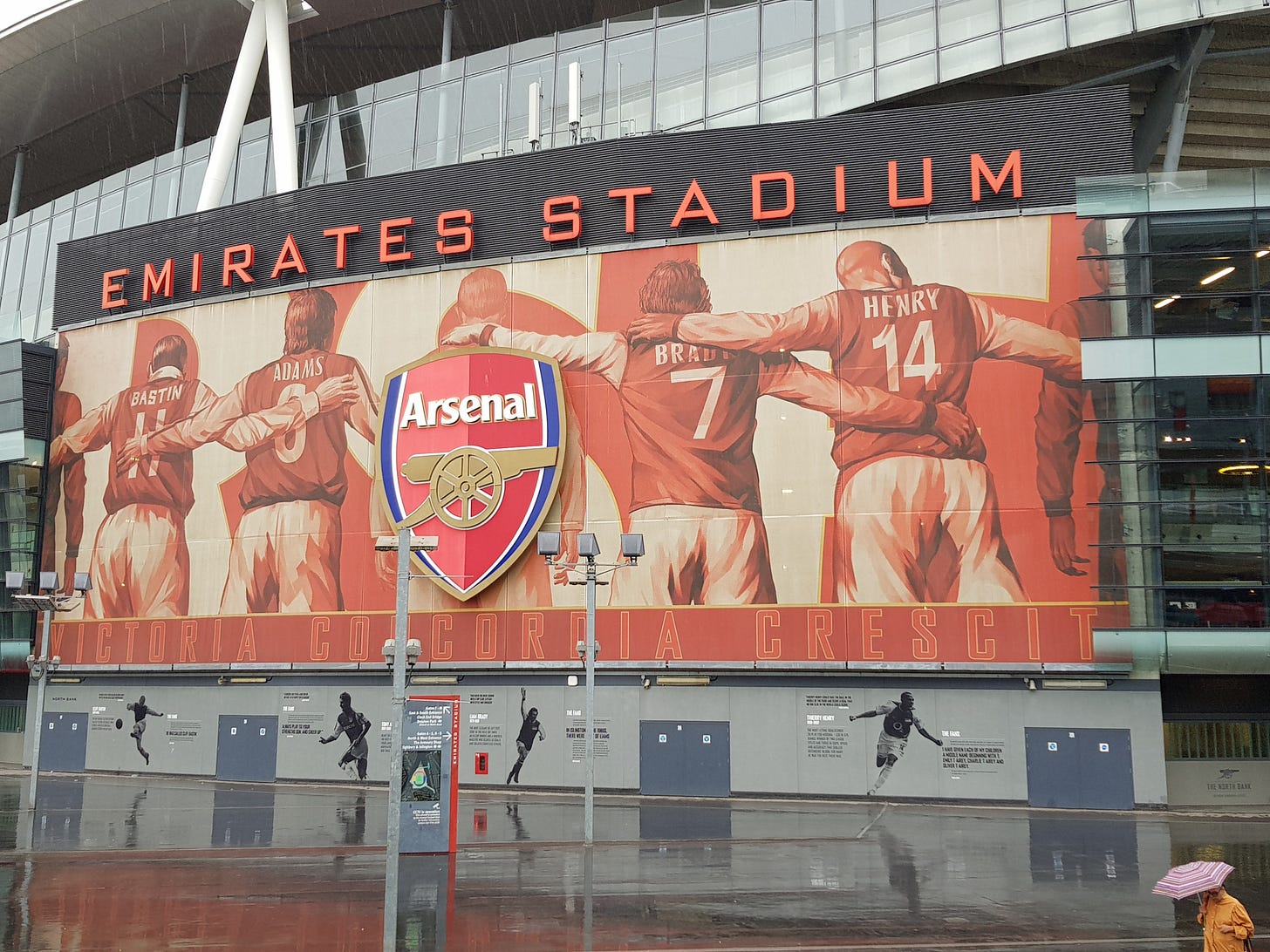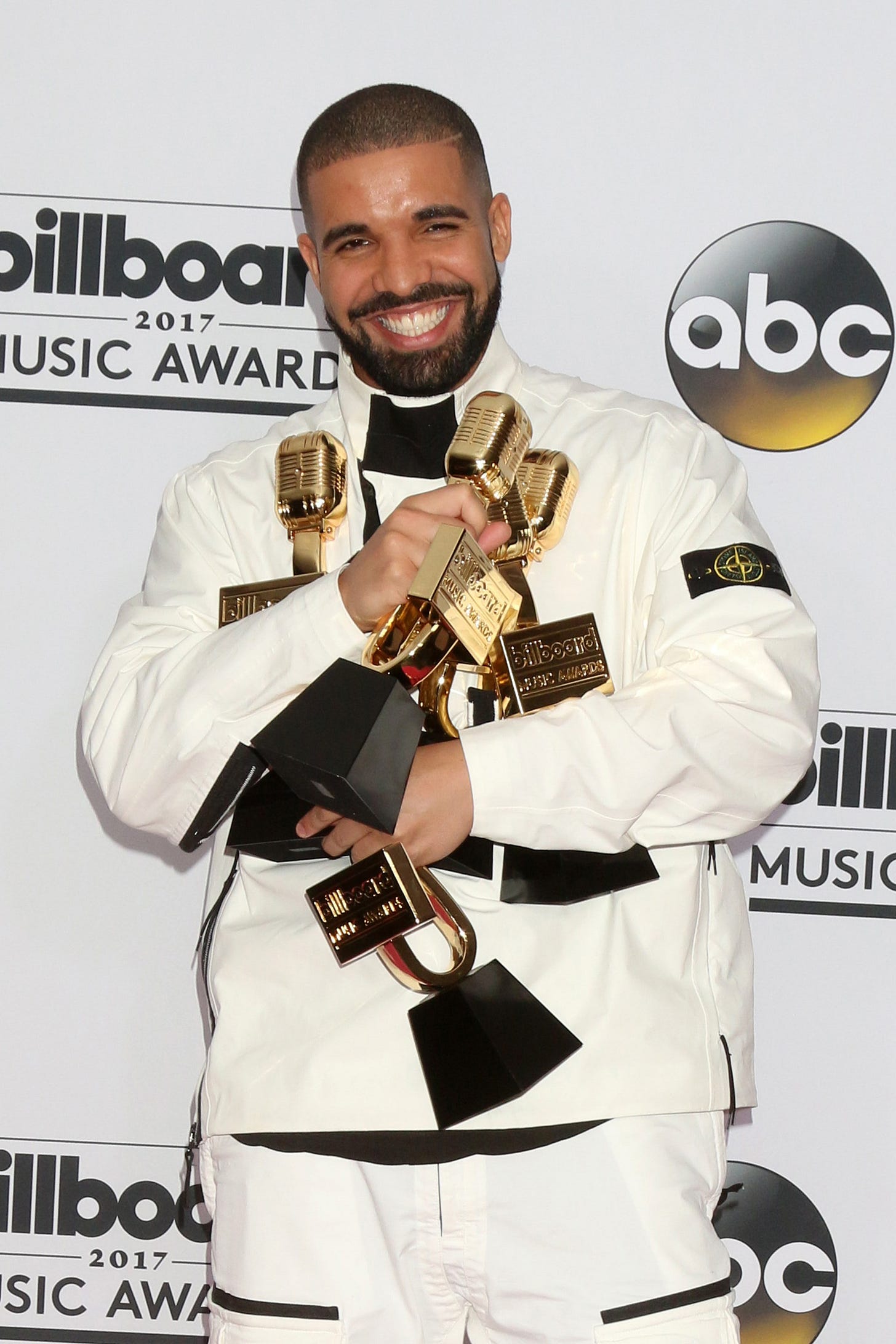FC Barcelona x Spotify - a union for the ages or a sign of the times?
As ailing giant FC Barcelona players don kits with a ROSALÍA logo, will the trend catch on in the Premier League as well or be viewed as an instant gratification cash-grab?
Music and football fandom has always been intertwined. Think of You’ll Never Walk Alone echoing throughout Anfield and the lift that a crowd can give a team through the medium of music.
Separately, there are similarities and differences between the audiences and their engagement. Support for a musician is often based on their content and performance - meaning that, if either of these aspects diminish, it is likely that their content will resonate less with their audience. Loyalty is based on consistency and quality.
Regarding sports fanaticism, underperformance will induce a negative response, but fans are less changeable. This is due to the pre-established loyalty to a club, often established through geographical proximity or familial history of support. This is regarding fans who support a team that is domestic to them, global fandom is less likely to inspire such fierce loyalty due to the connection with the club being largely intangible.
Football kits are a way for fans to show their support for their club and prove their passion. For the average football fan, a genuine kit has the potential to be a fairly substantial purchase. Analysis from National World has shown that prices of Premier League shirts have risen faster than inflation over the past five years, with fans being dealt a rise of 23% on average during this period.
According to ONS, the median weekly pay in the UK has only risen by just under 19% during the same period. Shirt sales alone only make up to around 7.5% to (in exceptional cases) 15% of the revenue generated by shirt sales - and this is for the world’s biggest clubs. Kit makers (sportswear brands such as Adidas and Nike) do almost all of the work when making licensed kits to sell, so the proportion makes sense.
Some teams have, notably, made strides to make their kits more lucrative. Often this is through limited-edition collaborative kits, made in conjunction with fashion houses or buzzworthy streetwear and sports brands. Think of the Juventus x Adidas x Palace kit from the 19-20 season, amongst others. Though kits like these won’t necessarily boost revenue from kits, they are a good marketing strategy - generating buzz around a club in circles that would not usually pay any mind. I spoke with avid football fan and informal music scholar, Reuben Minney, about trends surrounding collaborative kits. When asked if any teams spring to mind when thinking of limited collaborative kits, one team stood out.
‘I guess the highest visibility case would be Barcelona. They’ve signed this deal with Spotify during very high-profile financial woes’, he says.
To say FC Barcelona have suffered financial woes of late would be an understatement. Having fallen afoul of the league’s Financial Fair Play rules often in recent years, the club has been subjected to countless fines and, combined with sky-high wage bills, this had crippled them financially.
The club’s debt stood at around 1.35 billion Euros in August 2021, but this has not stopped the club spending big in subsequent transfer windows. Lacklustre runs in European competition have also seen their financial incentives decrease, leading to the term ‘economic lever’ being coined by Barcelona President Joan Laporta before the beginning of last season.

Used to describe the potential schemes through which the club could save itself from ruin, both financially and on the pitch, the term quickly became a comic buzz-word within sports journalism. The decision to sell 25% of television rights for the next 25 years has been seen as a short-term fix to a long-term problem, seeing the club focus on staying afloat through means that bring instant gratification but long-term suffering after usual options have already been exhausted (likely for a lesser price that could have been negotiated in shorter terms).
The Spotify deal is an indicator of Barca’s desperation to continue with their usual frivolity in transfer windows. The Camp Nou has been dubbed the ‘Spotify Camp Nou’, making this the first ever naming-rights deal in the club’s history. This is common practise, think of Arsenal’s Emirates Stadium.
Trainee football coach and third-year business & finance student, Thomas Savage, explains that ‘[the deal] shows that Barcelona needed a massive cash-injection,’ whilst others have argued that club’s identity is being compromised for a quick buck.
‘In recent months, [Barcelona have] used their El Clasico matches against Real Madrid to promote specific artists via logos emblazoned on their kit where the Spotify logo usually would be - first Drake’s OVO symbol and then a design based on the logo of ROSALÍA’s last project’, Reuben states.
The deal has afforded the club certain unique marketing opportunities, including the artist kits that Reuben mentioned previously. The inclusion of Drake’s logo was relevant to Spotify, celebrating a 50 billion stream milestone for the artist. ROSALÍA’s variation of the kit made more sense for the club, celebrating the one year anniversary of the Catalan native and Barca fan’s project, MOTOMAMI.
ROSALÍA herself stated that ‘football and music have such similarities when it comes to the emotions you live in a concert and in a game. The concentrated human energy, so many people living that same moment, putting all their attention into an event.’
The relevance of El Clasico match days becomes apparent when seeing the viewership for these matches. According to Reuben, ‘these matches against Real Madrid often are regarded as highlights of the season, with the two Spanish titans only battling a handful of times each year. It definitely makes sense from a marketing perspective - lots of eyeballs on those matches.’ Generating over 650 million viewers worldwide, ‘lots of eyeballs’ may be an understatement.
Though Barca’s financial woes seem far from over (they’ve recently been fined again for three FFP violations in the 21/22 season), the deal seems to have been fruitful in the short-term. Big-name signings like Lewandowski and Raphinha in the summer may have strengthened their squad, but certainly not their financial position. As to whether the trend of collaborative music kits may spread to the British game, Reuben was unsure.
‘In Britain? I am not so confident in the short term… Maybe kits inspired or designed by notable musicians or groups that have a connection to the club, either as notable supporters or connection to the area.’ With three years left in the deal after this season, it is likely that Barca’s musician kits will continue to crop up. What is uncertain is the success of the club throughout this period.




